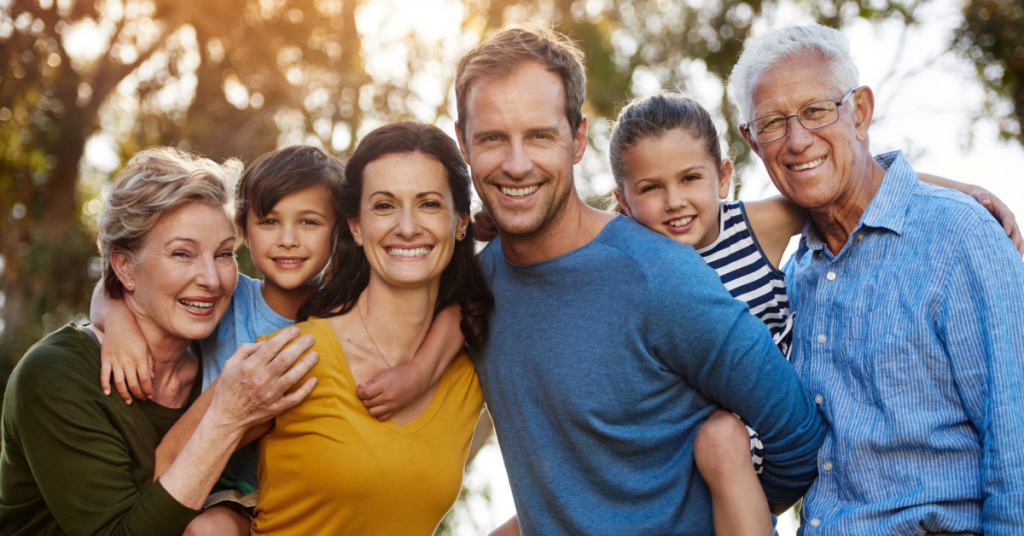In cancer care, timely genetic screening is essential. We can assist you in determining your risk of inherited cancer. Use our contact form to get in touch with us.

Reasons for genetic consultation in the field of Oncogenetics
Some genetic variations put people at higher risk of developing certain cancers. We can help assess whether testing is appropriate, explain the results of a test and discuss next steps.
The development of various types of cancer (e.g., breast cancer, ovarian cancer, colorectal cancer, pancreatic cancer, thyroid cancer, multiple endocrine neoplasms, and retinoblastoma), as well as the occurrence of multiple intestinal polyps, can be attributed to a genetic cause. Affected individuals with cancer syndrome have an increased risk of developing other tumours, such as contralateral breast cancer, ovarian cancer, colon cancer, kidney cancer, or uterine cancer. Likewise, relatives of an affected person may have an increased risk of developing a tumour. We offer genetic consultation, testing, and diagnostics in all cases of suspected hereditary cancer syndromes.
Genetic consultation and diagnostics in oncogenetics usually encompass all of the topics mentioned above.
Can we help you? Make an enquiry today.
What is Oncogenetics / Cancer Genetics
Some people are more likely to develop certain cancers because they have an inherited gene mutation.
Some cells in your body develop gene mutations during your lifetime. These are called acquired mutations. It is also possible to have a gene mutation because it passed from one of your parents to you. This is called an inherited mutation.
Eventually, gene mutations in a cell may mean the cell stops working normally. Cancer develops when cells like this can multiply in an abnormal way and grow out of control.
Some inherited mutations make a person more likely to develop certain types of cancer. This means a gene mutation that is linked to cancer may run in a family.
If you inherit a gene mutation like this from one of your parents, it does not mean you have cancer. More damage (acquired mutations) still needs to happen before cancer can develop. The inherited gene mutation may allow this damage to build up faster.
It is important to remember that cancer is very common. Most of us have relatives who have had cancer. This does not always mean there is a cancer gene in your family, or that your cancer is due to an inherited mutation, or that you have a much higher risk of developing cancer. Most cases of cancer are not caused by an inherited mutation. Only a small number of people get cancer that is clearly linked to an inherited cancer gene.
If you have cancer and/or are worried about the pattern of cancer in your family, talk to us. We will ask you about any close blood relatives who have had cancer. Close blood relatives are your parents, brothers, sisters, children, aunts, uncles, and grandparents. People you are related to by marriage are not blood relatives.
In Oncogenetics, we will use the information about your family to assess if your cancer might be linked to an inherited cancer gene, or if there is a chance that cancer may run in your family. We will check whether you are likely to have a higher than average risk of certain types of cancer and tell you whether a genetic test is possible and useful in your situation. It is natural to want to know what is likely to happen, so you can plan for your future. Family history and genetic testing only let us estimate levels of risk. It does not tell us who will definitely get cancer or when they will develop it.
Depending on the type of cancer and your level of risk, we may give you information about treatment options and screening advice tailored to your individual situation.

